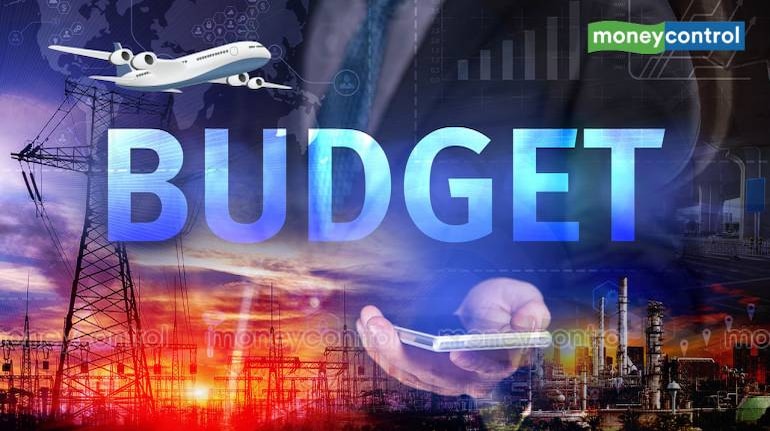



Startups in India are now starting to feel the pinch. The earlier movers had access to seemingly bottomless piles of money, leading to sky-high valuations But the funding tap has since been turned off, dropping 33 percent on-year in 2022, as per a PwC India report released on January 16.
While the government has several programmes to help startups with funding, those new to the business are seeking wider fiscal support, incentives, and tax relaxations as rising inflation and interest rates pose a big challenge.
To be sure, India’s startup economy has mushroomed, aided by the government’s ‘Startup India’ programme launched in 2015. The Department for Promotion of Industry and Internal Trade (DPIIT) also created the Startup India Seed Fund Scheme with an outlay of Rs 945 crore to provide financial assistance to startups for proof of concept, prototype development, product trials, market-entry, and commercialisation. As per the government, the scheme will support an estimated 3,600 entrepreneurs through 300 incubators over four years.
Vikas Jain, co-founder of Multipl, an online money management firm registered with the initiative, said that while there are tax exemptions for registered startups as well as grants available for very early-stage startups, the amounts are insignificant.
“We were eligible for it but did not avail it as the amounts given are too nominal and we were already bootstrapped by the three of us co-founders,” Jain said.
India is home to over 100 unicorn startups and 80,000 DPIIT-recognised startups. Other government schemes such as the Fund of Funds for Startups Scheme, the Credit Guarantee Scheme for Startups, and Support for Intellectual Property Protection seek to boost the ecosystem further.
Still, young startups conceived and operationalised during the tough pandemic years are finding it tough to navigate. Some complain about high taxation, which adds to the burden of high interest rates and inflation.
“The government should reduce GST (goods and services tax) for startups for their first five years in their incubation period. This way, we can thrive and sustain, showcase our products in competitive scenarios,” said Mahendra Kapadi, founder, 1Beginner Systems, a venture launched in 2021 with two productivity products. The startup, still in its early stages, plans to launch three more products soon.
“We hope that the finance minister will provide incentives and tax exemptions to institutional funds and individuals investing in startups across sectors such as agritech, edtech and fintech,” said Jain of Multipl. “They should also give serious thought to the idea of the government providing grants and funding to startups for their growth stages."
Startups also argue that there is a need to incentivise greater investment by providing incentives and tax exemptions to institutional and individual investors.
“We hope the government extends the startup tax holiday by one more financial year till April 2023,” said Mehul Jindal, CEO, and co-founder of BharatX, a fintech company launched in 2019.
“Ease of FDI (foreign direct investment) into India for startups should be looked into. Tax relaxation for startup employees would help us by leaps and bounds,” Jindal added.
Expanding on issues faced by those running product-based startups, 1Beginner Systems’ Kapadi pointed out that the GST enforces high taxes, shrinking margins for startups that are still making up for the losses suffered during the pandemic.
Other ideas include a common platform for collaboration to help newer startups with planning, research and development, apart from validating new ideas.
“There is still a remarkable difference between the quality of services that are accessible to the elite population and those that are available to the masses. The government can correct this situation by encouraging greater use of technology and by reducing the regulatory burden on various startups,” said Jain of Multipl.
Discover the latest Business News, Sensex, and Nifty updates. Obtain Personal Finance insights, tax queries, and expert opinions on Moneycontrol or download the Moneycontrol App to stay updated!
Find the best of Al News in one place, specially curated for you every weekend.
Stay on top of the latest tech trends and biggest startup news.